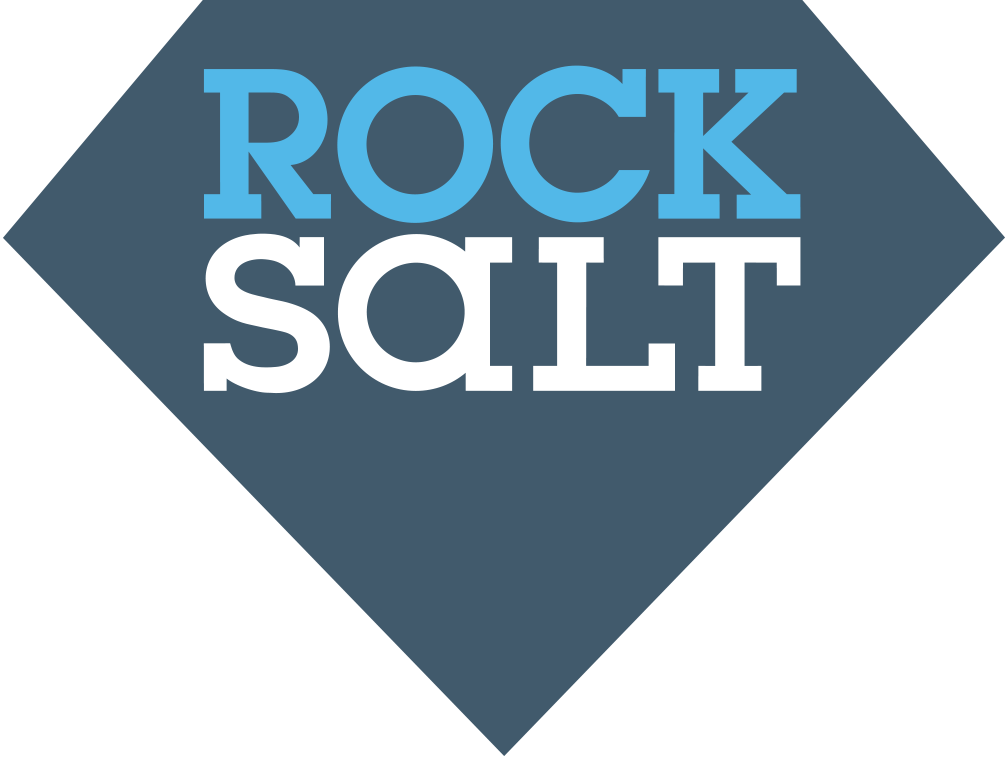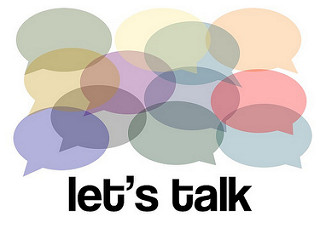Confession time.
We don't think using jargon is always a bad idea.
In the right context, jargon can make it easier to communicate complex messages more clearly, efficiently, and effectively. And it can help build greater trust when you're addressing a specialised audience.
But not all jargon works that way. Far from helping, some words are mere buzzwords that'll muddle your message and weaken its impact.
Here's a look at 8 words we think you should banish from your copy, and what to use instead of them.
1. Solutions
What better way to kick things off than with the most misused word in marketing?
Solutions are everywhere. There are technology solutions, data solutions, office solutions, printing solutions, delivery solutions, plumbing solutions, landscaping solutions, gardening solutions... the list is endless.
And that's exactly the issue.
When you think about it, every remotely successful product or service solves a problem. But that leaves the customer none the wiser as to what it is that the product or service actually does.
A solution could be anything. The million pound question is: is it the right solution?
What to say instead
The more specific you can be, the better. If you've developed technology that saves customers time and effort by summarising long, complex documents, say that. Describe what your product or service does and how it improves customers' lives as plainly as you can.
Even if you can't be specific, it's worth using 'product' or 'service' instead of 'solution'. The clearer you are about what you offer, the better your chances of eliciting a positive response.
2. Innovative
Professor Andrew Russel and Professor Lee Vinsel describe this word as "vague enough to do nearly anything..." And we'd agree.
It creates the expectation of a never-seen-before product or service that can do something no competitor can. But it's not clear what the innovation is, whether it's suitable for the customer's purposes, or feasible to implement.
For all we know, what's 'innovative' about it could be something fairly minor for the customer in the grand scheme of things.
What to say instead
Innovative features are a huge selling point. So you're missing a trick if you don't make yours clear and put them front and centre in your copy.
What is innovative about what you sell? What does it have that gives you the edge over your competitors? And why is this better for your customers?
The iconic computer ads of the 1960s and 1970s are a great source of inspiration. When the Digi Comp 1 was launched in 1963, for instance, there was nothing like it on the market. It was, by all accounts, innovative.
But this ad doesn't use the word 'innovative' a single time. Instead, the headline and first seven lines reel off its benefits one by one.
It's educational. It's fun. It solves riddles. It even reads fortunes.
And it's just $4.99!
Here, take my money!
3. Leverage
Even in a triple-whammy of vagueness like 'leverage our innovative solution', 'leverage' is probably the easiest word to understand.
But there's still lots to dislike about it.
For starters, if we want to get pedantic, 'leverage' is a noun. It's got no business being a verb.
But, more importantly:
It's a technical financial and scientific term. Granted, based on the context, people in those industries are unlikely to think you mean borrowed capital or mechanical advantage. But why risk confusion?
There are better alternatives. Using 'leverage' doesn't add anything you wouldn't be able to convey with a simpler word. So why — ahem — leverage it at all?
What to say instead
Keeping things simple and straightforward is always best.
Do you mean 'use'? Say that. Do you mean 'learn from' or 'take advantage of'? Ditto.
You get the idea.
4. Accelerate
There's so much accelerating going on in copy these days, you'd think you're in the middle of a race track. Products and services 'accelerate growth', they 'accelerate development', and they even 'accelerate the customer journey'.
Now, you might be saying, unlike 'solutions', 'accelerate' has a specific meaning. The problem is that it's overused, so it's slowly losing its impact.
Plus there are simpler, more effective alternatives.
What to say instead
How does your product help accelerate things for the businesses you serve?
Perhaps it helps them 'reach more customers'? Or, maybe, using it helps them 'increase revenue', 'expand into new markets more quickly' or 'launch new products sooner'?
It's worth spelling things out.
Even better, try to make your claims measurable. Saying you can 'halve production time', or 'grow your revenue by 30%' delivers a compelling benefit that customers will find hard to ignore.
5. Scale / Scalable
Closely related to, but not quite the same as 'accelerate', 'scale' or 'scalable' means to grow without any additional effort.
Except it's so overused it has gained new interpretations (and misinterpretations).
What to say instead
Before you commit pen to paper (or type to document) think about how scalability specifically benefits your customers.
For example, your technology might grow with their businesses with 'no additional costs or installation necessary'. This makes what you have to offer much clearer, and addresses two important objections: money and the prospect of a lengthy, technical, and potentially disruptive project.
6. Value
'Value' is problematic because it's deceptively specific.
We all know value is something positive. Everybody wants value. So why take issue with it, right?
Well, because what's valuable to one customer — or to one person in the organisation you're trying to target — might not be valuable to another. One person's trash and all that.
What to say instead
At the risk of repeating ourselves, we'd encourage you to switch out 'value' for something specific.
What exactly is the 'value' you're going to provide to the customer?
Perhaps your product produces better data, so customers can make more accurate business forecasts or base important decisions on more solid ground?
Or maybe it automates time-consuming tasks, so your staff can work on projects that have been on the back burner for ages due to lack of time?
Whatever you mean by value, your customers won't know for sure unless you tell them.
7. Insights
'Insights' is the new 'solutions'.
For any business, knowledge — whether of their own situation, their competitors, or the market — is power. So tools with data analysis capabilities often proclaim they'll unlock 'better insights.'
Of course, we instinctively know 'better insights' must be a good thing. Who doesn't want more in-depth information, especially if it can help them with difficult decisions or provide some other tangible benefit?
But like 'solution', 'insights' begs the question: Are these the right insights? Or will the customer get a slew of data that's irrelevant to them and, so, will hinder rather than help?
What to say instead
In our view, it's best to avoid talking in terms of 'insights' altogether. Instead, focus on how the product or service eases the customer's pain points.
Here are some possibilities:
More informed decision-making
Gaining an advantage over competitors
Improving the odds of product launches being successful
Identifying upselling and cross-selling opportunities that will increase revenue
Better customer service
8. Transform / Revolutionise
OK so we cheated. It's 9 words, not 8. But if you think about it, 'transform' and 'revolutionise' are really two sides of the same coin.
In fact, we'd argue they're innovative's second cousins.
Like 'innovative', they overpromise without putting forward any specifics. And because they've been used and abused so much, they've lost any impact they might have had to begin with.
What to say instead
If your product or service is transformative or revolutionary, you're doing it a huge disservice by not explaining exactly what makes it so.
Highlight these qualities, tell your customers why they're the best thing to ever happen to them, and give them pride of place on your website and other marketing literature.
Clarity and specificity are always best
The legendary copywriter Claude Hopkins once said:
"Platitudes and generalities roll off the human understanding like water from a duck. They leave no impression whatsoever... [they are] at best simply claiming the expected..."
It's hard to disagree with this. When you're competing with other businesses for people's attention, vagueness won't cut it.
So grab the words on this list, erase them from your vocabulary, and choose simpler, clearer, more specific alternatives. We bet customers will start finding it much easier to get as excited about what you're selling as you are.
Need help finding the right words to attract more customers?




